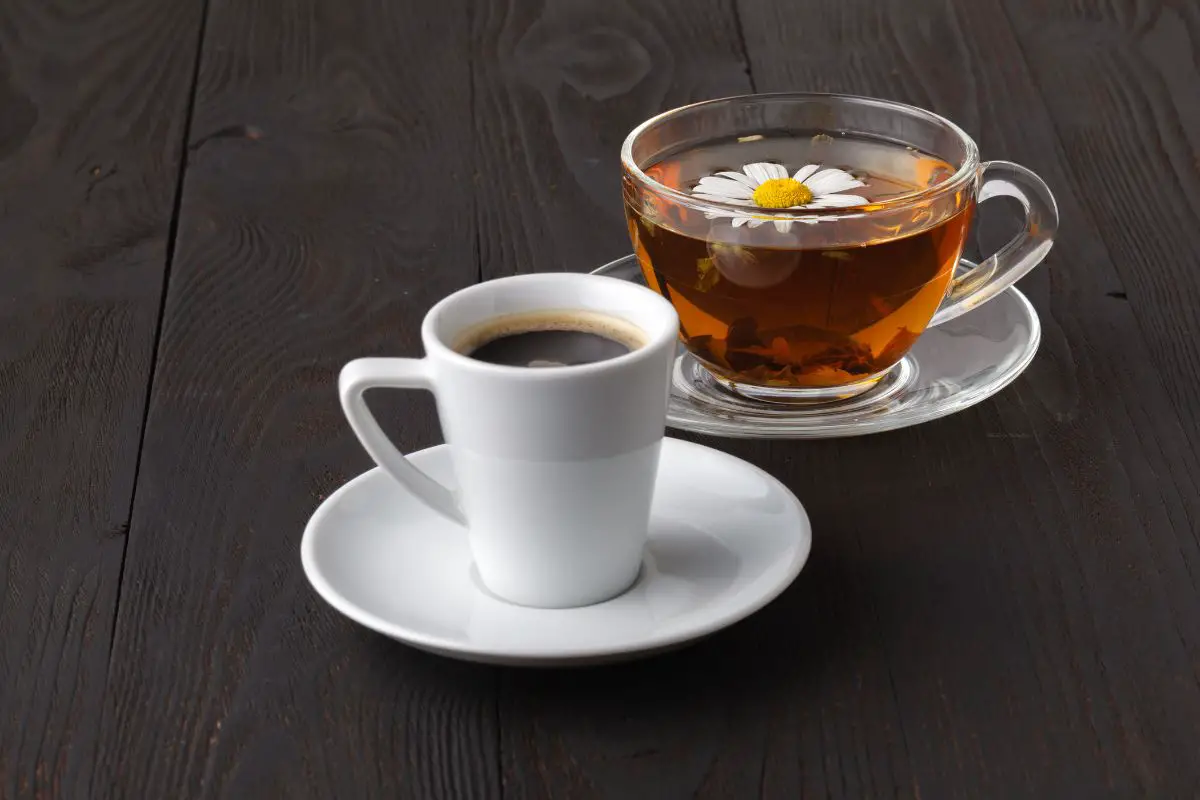In the UK, the beverage conversation invariably revolves around tea and coffee, the two most beloved hot drinks. But have you ever wondered which of these arrived on British shores first? Historically, coffee made its way to Britain before tea.

Section 1: The Arrival of Coffee
The Coffee Trend in Britain
Coffee was first introduced to Britain in the 16th century, thanks to the flourishing trade between the Ottoman Empire and Europe. The first coffeehouse opened in Oxford in 1650, followed by London in 1652, which quickly became popular hubs for social gatherings and intellectual discourse. These establishments, often referred to as “penny universities”, were indeed the predecessors of modern cafes.
Section 2: The Introduction of Tea
The Tea Revolution
Tea, on the other hand, arrived a little later in the mid-17th century. The Portuguese Princess Catherine of Braganza, who married King Charles II in 1662, is often credited with popularizing tea in Britain. Being a tea aficionado, she brought the tea-drinking habit with her to the British court, sparking a trend that soon spread throughout the country.
Section 3: The Coffee vs Tea Debate
A Nation of Tea Drinkers
Despite coffee’s early entrance, Britain quickly became a nation of tea drinkers. The East India Company’s trading connections helped make tea more widely available and, over time, it became the more favored drink, even inspiring rituals such as the quintessential British afternoon tea.
Section 4: Engage With Us!
What’s your go-to hot drink? Do you prefer the robustness of coffee or the subtlety of tea? Do you find the history of these beverages as fascinating as we do? Share your thoughts!
Conclusion
In conclusion, while coffee may have beaten tea to British shores, it’s tea that has stood the test of time, becoming deeply ingrained in British culture and lifestyle. These histories of tea and coffee not only reveal Britain’s changing tastes but also reflect its evolving social and cultural dynamics.